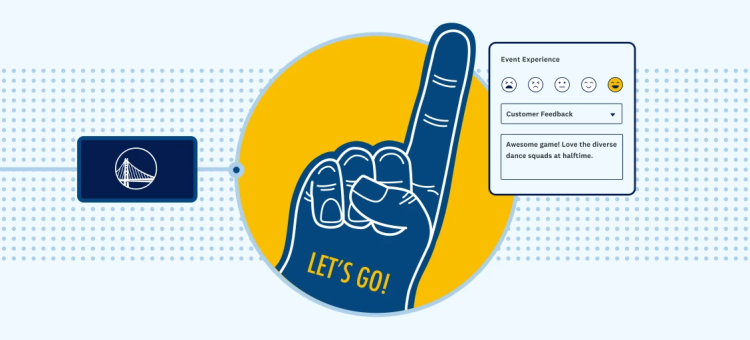At SurveyMonkey, our security team is always hard at work protecting user data and staying ahead of threats, and part of that is helping our users understand how to protect themselves.
When we sent a survey in May for our article “GDPR, One Year Out”, more than 90% of respondents told us they were somewhat, very, or extremely concerned about their security online. And while there’s a lot of uneasiness about the security of personal information online, more than 40% said they aren’t sure how to protect their data.
So here are tips and best practices that everyone can use to feel a little safer online. While we’re working to protect your data, there are some simple things you can do to make sure you’re protecting it, too.
1). Ensure your account passwords are strong and unique.
Let’s start with the obvious—but also the most important!
Using unique passwords for every site and service helps you increase the chances that your other accounts stay secure, even if one of the sites you use is breached. Of course, it can be hard to remember a lot of different passwords, so consider using a password manager to help you keep track of each site’s unique login credentials.
We recommend using phrases or a string of words rather than something simple or short. Length makes a big difference in how secure a password will be. Try a song lyric or a line from your favorite book for something easy for you to remember but hard for someone else to guess.
You’ll also want to stay away from easy-to-guess passwords, like using “survey” in the password for your SurveyMonkey account or anything personal to you (birthdates, addresses, etc.).
2). Keep your computer, browser, and apps up-to-date—and stick to devices you trust.
When updates are available for your software and operating system, you should install them as soon as you can. These will always contain the latest fixes—patching bugs and security vulnerabilities that were discovered since the previous version was released.
Also, avoid using unknown or public computers to access sensitive data whenever possible since you can’t always be sure that they’re secure. If you do need to use a public computer, like a library computer, to access your personal accounts, make sure you always log out after your session is complete.
3). Learn to recognize Phishing attempts.
Phishing is when an attacker tries to gain information or access from you. Sophisticated phishing emails may pose as someone you know or trust, including companies you do business with, so it’s important to be wary of emails or phone calls. These emails often use urgency as a way to get you take action so look closer at emails that need you to do something right away to maintain your account (e.g., “overdue payment”, “final notice”, etc.).
It’s a great idea to hover over links to see where they will take you before you click and to be wary of attachments. When in doubt, type a known website into your browser rather than clicking on a link in an email.
You can also test your phishing knowledge with Google’s Phishing Quiz.
Cybersecurity might sound scary, but it doesn’t have to be—a few best practices can go a long way. In the meantime, when it comes to your SurveyMonkey data, you’re in good hands. We’re laser-focused on our mission to protect our customers’ data and we don’t take the responsibility lightly.



